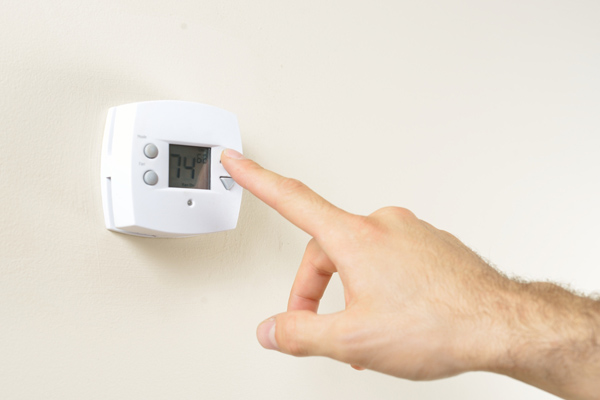
Furnaces are generally tough and last for many years. However, they also wear down from neglect, overuse, and abuse. In the wintertime, the last thing you want is to live in a house where the heating system is unreliable and failing. Although your furnace is a piece of fairly robust equipment, it can wear down prematurely if you do not use it properly. Eventually, it will reach the point of breaking down. In the meantime, furnace efficiency goes down, home heating costs rise, and HVAC repairs increase. Therefore, it is worth knowing how to help your furnace complete its task without any strain or extra effort.
How You are Actually Overworking Your Furnace
Many people often ignore early signs and symptoms of problems with their furnace until problems show up. Interestingly enough, it is also likely that many homeowners unknowingly contribute to the problems as well. In this article, we discuss seven ways that homeowners overwork and stress their heating system.
Not Turning Your Thermostat Down When You Leave
To maintain home comfort, some homeowners keep their thermostat at the same temperature even when the house is unoccupied for prolonged periods. This is completely unnecessary. It forces your furnace to work harder than it should and consume unnecessary energy.
If you want to cut energy costs and ensure that your furnace is not overworked, use a programmable thermostat to set the preferred temperatures for when your home is occupied and when it is unoccupied. If you do not have a programmable thermostat, simply turn down your thermostat before you leave for the day. When you are at home, make sure to keep the temperature at the recommended thermostat settings as well.
Letting Cold Air In The House
If you have this habit of leaving your windows and doors open (even slightly), you will let in cold air. This is usually evident on days when you are feeling a cold draft in the room. Check your doors and windows and make sure they are closed and locked. It is also a good idea to learn how to find air drafts. Cracks, gaps, and holes around doors and windows are common culprits of a cold air draft. Have these fixed immediately.
Cranking the Thermostat When You’re Cold
When you are cold, it is not necessary to turn up the thermostat to heat your home more quickly. First, check the thermostat if it is already at your ideal temperature. If it is not, turn up the thermostat at the ideal temperature setting but not more. If it is indeed at the right temperature setting, do not try to increase the temperature anymore. This will not make you feel warmer faster and you will only overwork your furnace.
Blocking Vents With Furniture
Some homeowners are guilty of blocking air return vents with furniture, curtains, or other objects. Sometimes in the interest of function, indoor design, or style, they ignore the locations of the vents and simply put furniture, plants, and other solid items right in front or on top. Furniture in front of wall heat vent blocks airflow. If vents are obstructed, the furnace fails in distributing warm air evenly. The same is true with putting a bed over a vent, believing that this will keep your sheets warm and toasty. It might but then again, you will be preventing the proper flow of warm air.
Skipping Annual Furnace Maintenance
Regular furnace maintenance and checkups is a must for every home. With regular heater inspections, potential problems are identified early and fixed right away by your local HVAC contractor. It helps reduce energy costs and keeps your system operating efficiently.
Furthermore, if you are the type of homeowner who is guilty of not changing your furnace filter regularly, then this can overwork your furnace as well. Check your filter monthly and make sure your filter is clean and working properly.
Opting For The Cheapest Furnace Replacement
The older a furnace gets, the less efficient it becomes. It will eventually give in to wear-and-tear and aging. Sooner or later, you will need a furnace replacement.
A newer, energy-efficient furnace will make a whole lot of difference to the comfort of your home, indoor air quality, and your energy costs. However, avoid the temptation of finding the cheapest furnace replacement available. Keep in mind that your furnace system is an investment and its performance will affect you for many years.
3 Signs Your Heating System Is Overworked
Increased Home Heating Costs
Utility bills naturally spike in the wintertime, but if the increase seems unusual, there might be a problem with your furnace. Various factors can cause this. Check your air filters and replace them if necessary. If your air filter is clean, then call an HVAC contractor to inspect your heating system.

Uneven Temperature
If your furnace system cannot maintain the ideal temperature, and you frequently feel cold and hot spots throughout your home, it may not be running properly. It is likely overworked and unable to meet your needs. Call a furnace expert to inspect your system and offer a diagnosis.
Frequent Furnace Repairs
If your furnace requires multiple repairs, it is likely because it is overworked. A furnace that works harder wears out prematurely. Eventually, the furnace will require an early replacement.
Call Point Bay Fuel For All Of Your Home Heating Needs

Home heating is both an art and a science. The key is understanding how your HVAC unit works and what it needs to maintain furnace efficiency. If you want to learn more about what you can do to keep your HVAC system in top shape or if you are ready for a furnace replacement, talk to your trusted HVAC contractor today.
Point Bay Fuel is the area’s leading expert for heating and cooling services. Our NATE certified technicians have the experience to solve any of your home comfort problems in a fast, friendly, and knowledgeable manner. You can count on us to provide you with the most competitive prices in the area. Also, to ensure your satisfaction, we guarantee all of the work that we perform for you. Be sure to give Point Bay Fuel a call today to schedule a free, in-home estimate.
Contact us now by calling (732) 349-5059 to speak to one of our home comfort specialists!
The post Furnace Efficiency: 7 Ways You’re Overworking Your Furnace appeared first on Point Bay Fuel.
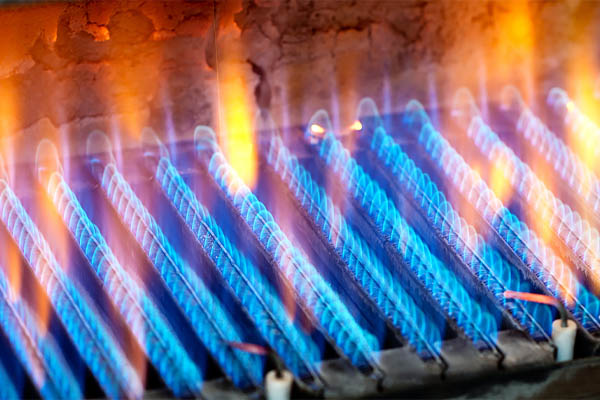



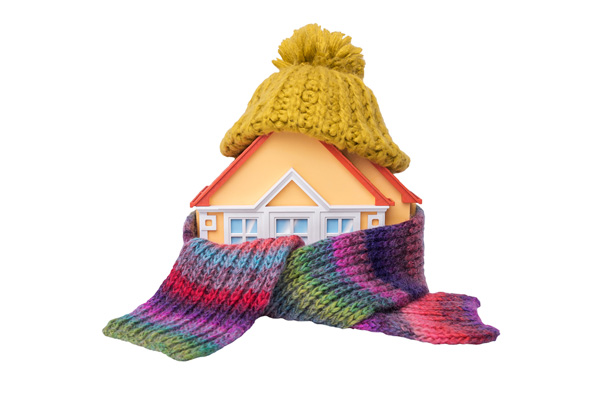


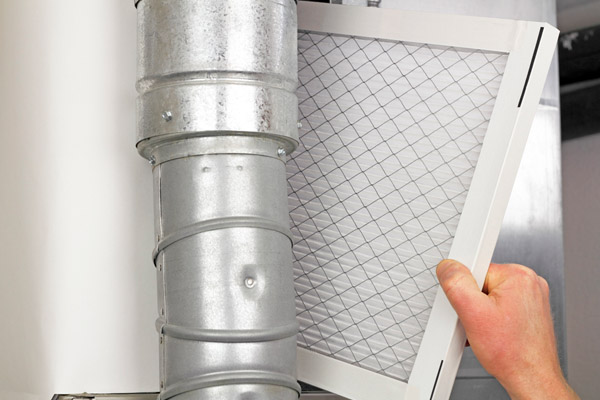
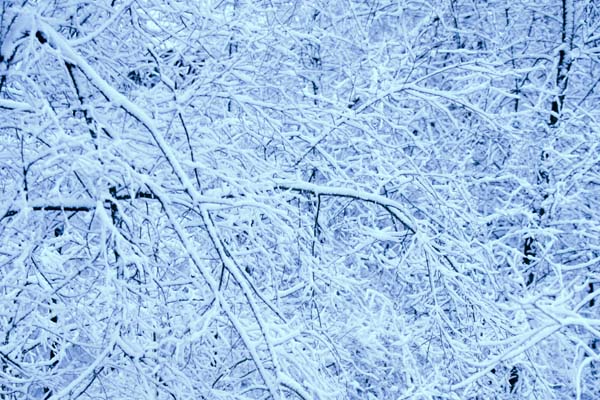
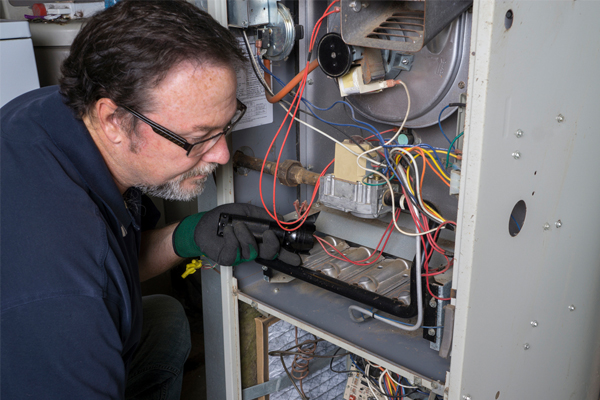
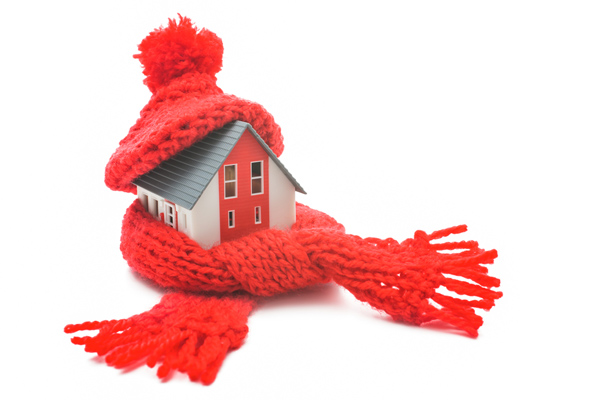
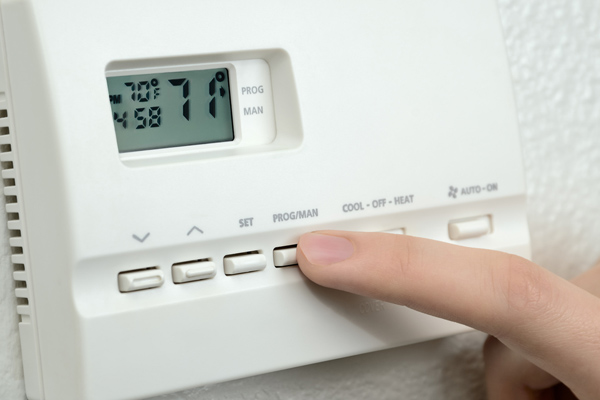
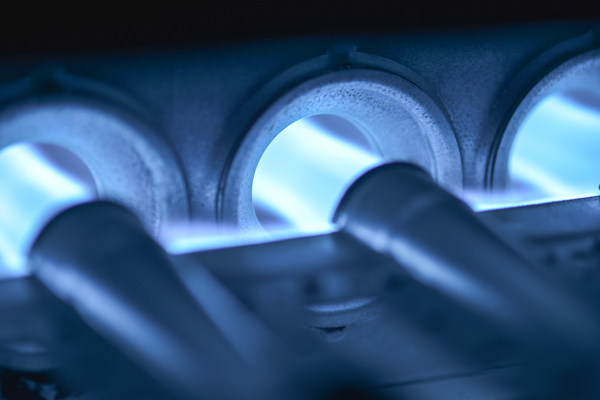
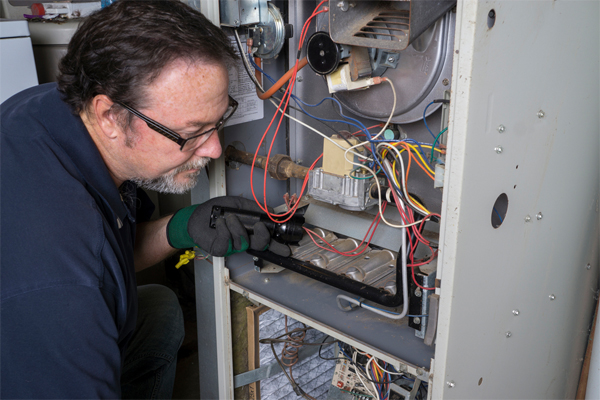


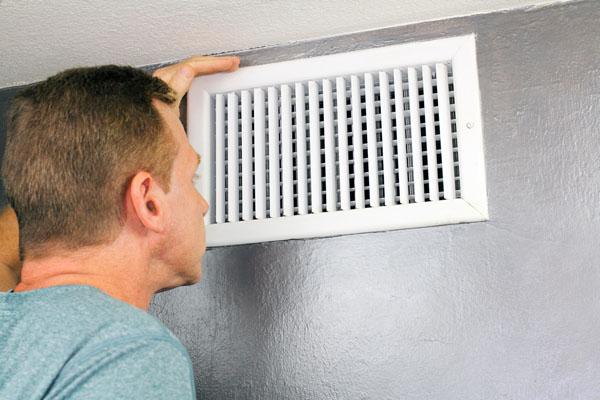

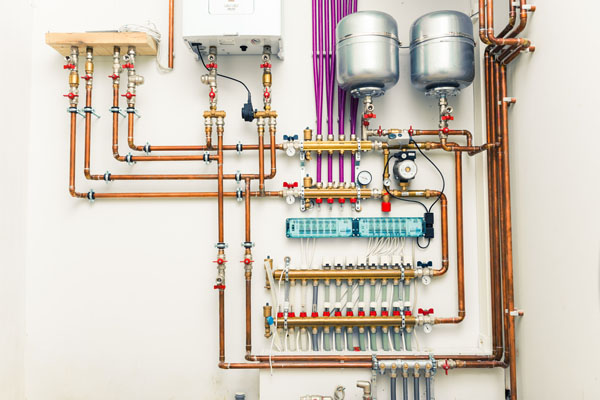
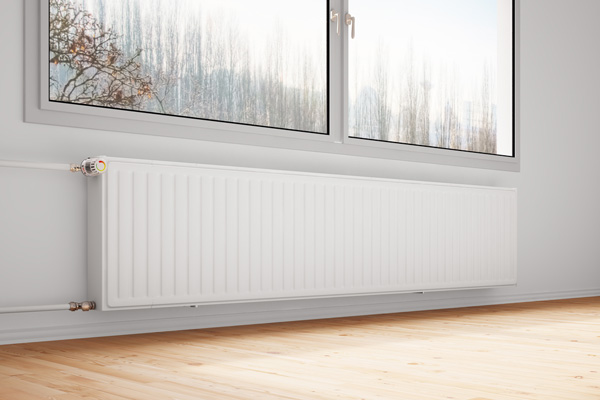
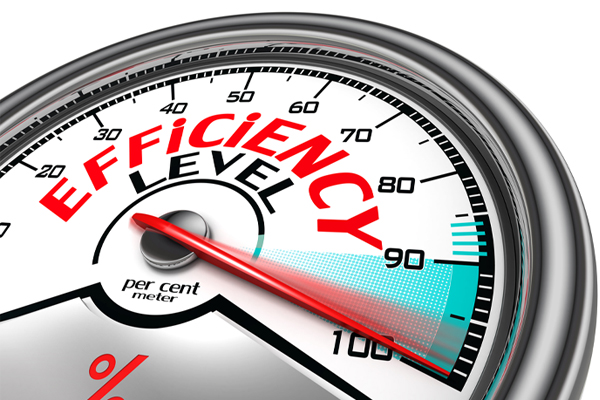
 Air pollution is typically associated with dirty factories, car exhaust, and other factors that create poor outdoor air quality. Many fail to realize that pollution can occur indoors, as well.
Air pollution is typically associated with dirty factories, car exhaust, and other factors that create poor outdoor air quality. Many fail to realize that pollution can occur indoors, as well. Homeowners should pay attention, or they might suffer the consequences of poor indoor air quality. Family members may start exhibiting symptoms of respiratory ailments such as asthma attacks, persistent coughs, and breathing problems. They can experience chronic fatigue and digestive issues. The worst cases of indoor air quality can even lead to cancer.
Homeowners should pay attention, or they might suffer the consequences of poor indoor air quality. Family members may start exhibiting symptoms of respiratory ailments such as asthma attacks, persistent coughs, and breathing problems. They can experience chronic fatigue and digestive issues. The worst cases of indoor air quality can even lead to cancer.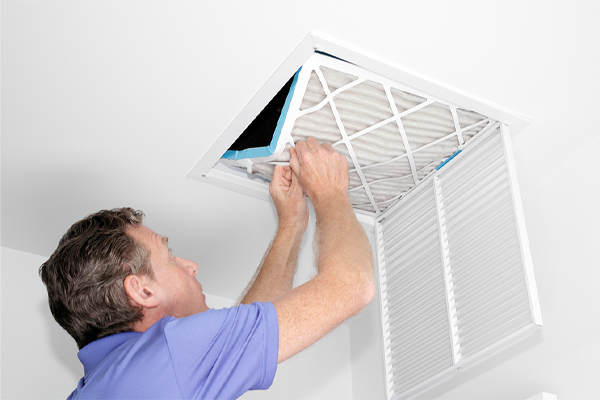 HVAC systems can air filters that are designed to remove pollutants from the air. However, the dirt build-up on their surfaces will eventually interfere with airflow and lead to inefficiencies. They need periodic cleaning and replacement. A monthly casual inspection should determine whether it’s time to do so.
HVAC systems can air filters that are designed to remove pollutants from the air. However, the dirt build-up on their surfaces will eventually interfere with airflow and lead to inefficiencies. They need periodic cleaning and replacement. A monthly casual inspection should determine whether it’s time to do so.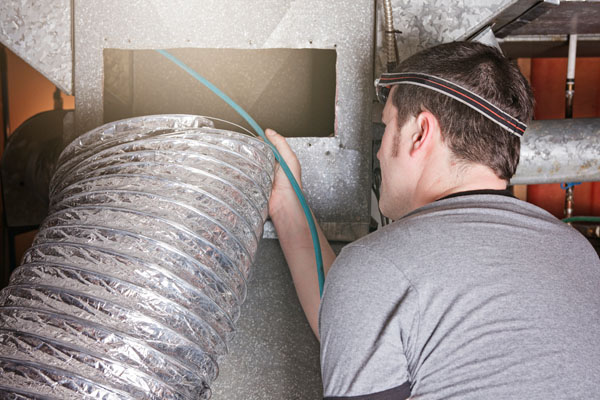 As mentioned above, the ducts are responsible for channeling the indoor air where it needs to go. They terminate in every room in the house to keep everyone comfortable. Ductwork inspections should be performed on every so often to make sure that the system is clean and free from pollutants.
As mentioned above, the ducts are responsible for channeling the indoor air where it needs to go. They terminate in every room in the house to keep everyone comfortable. Ductwork inspections should be performed on every so often to make sure that the system is clean and free from pollutants.